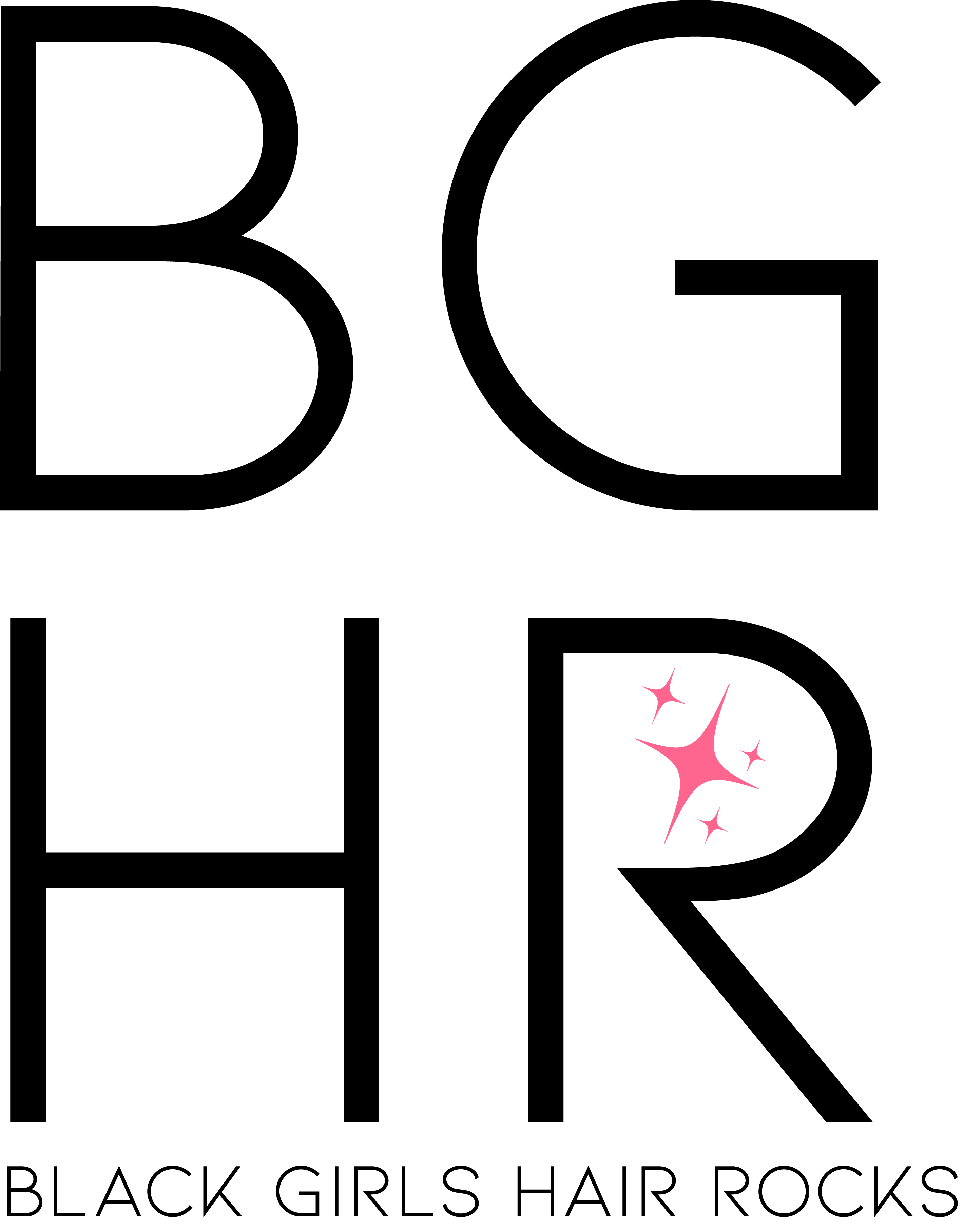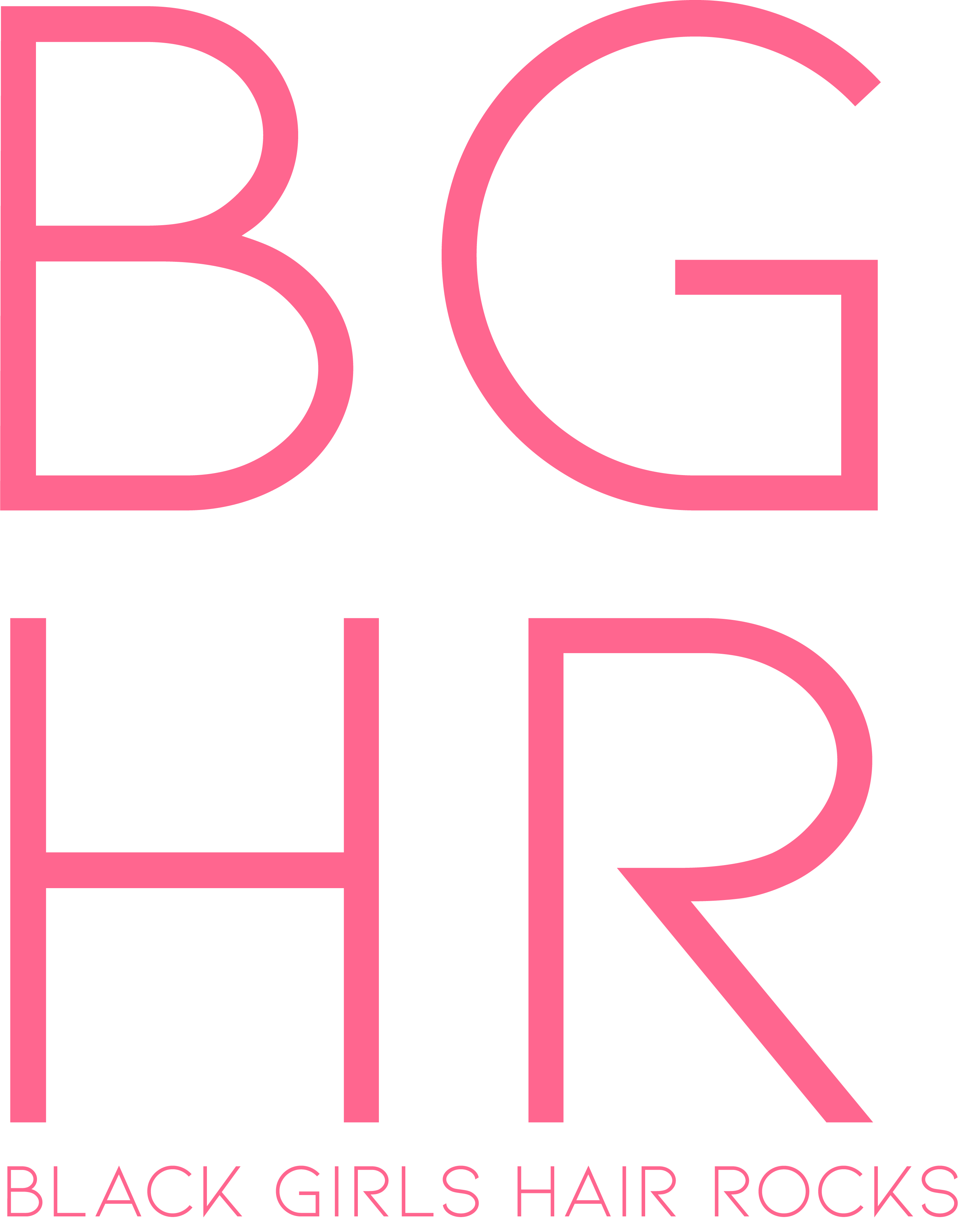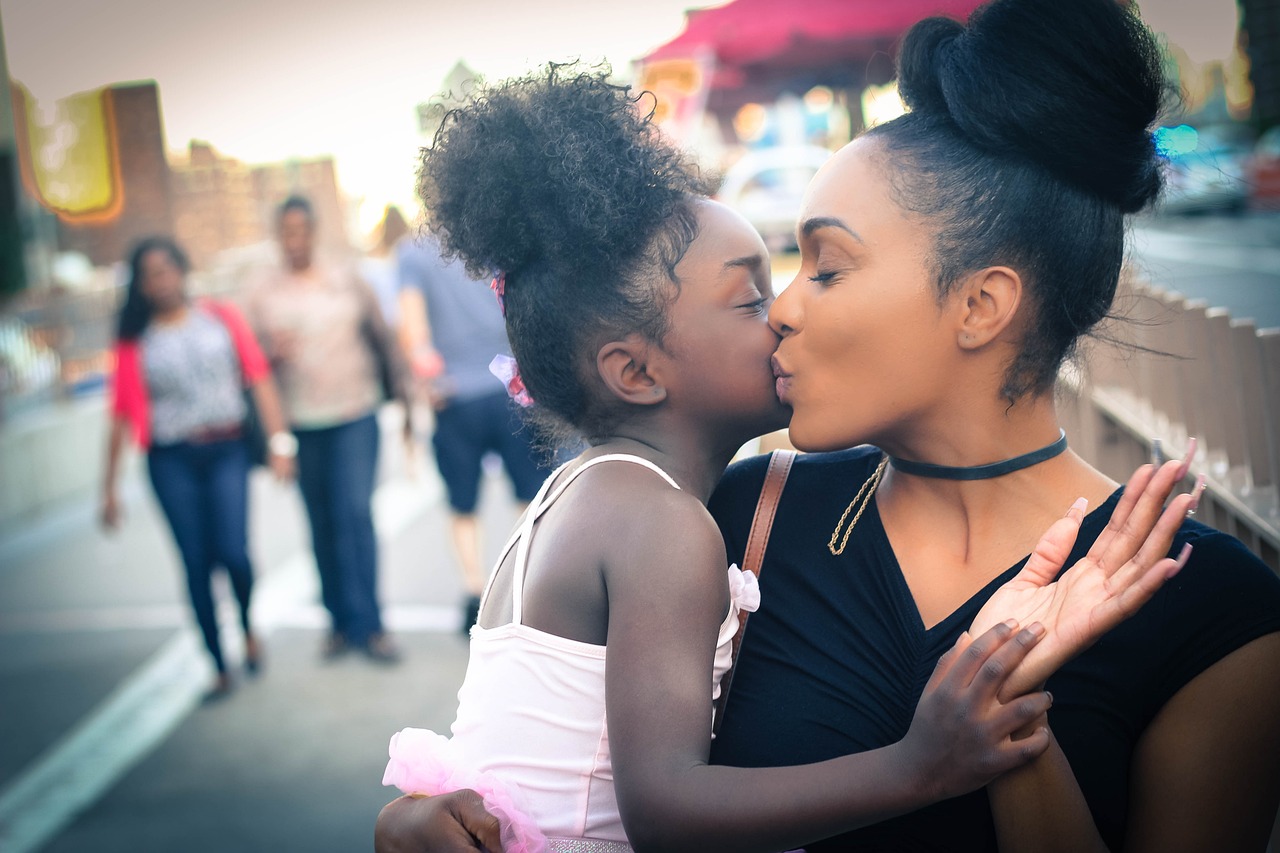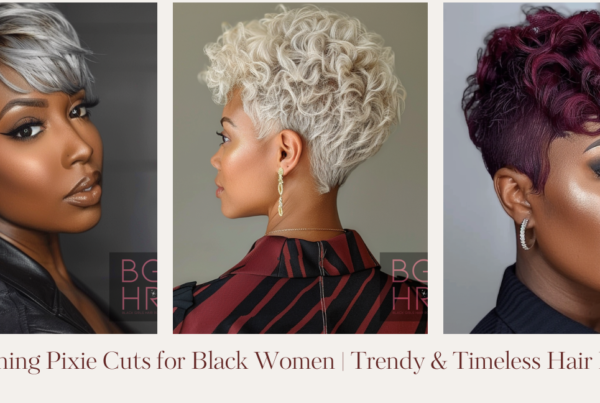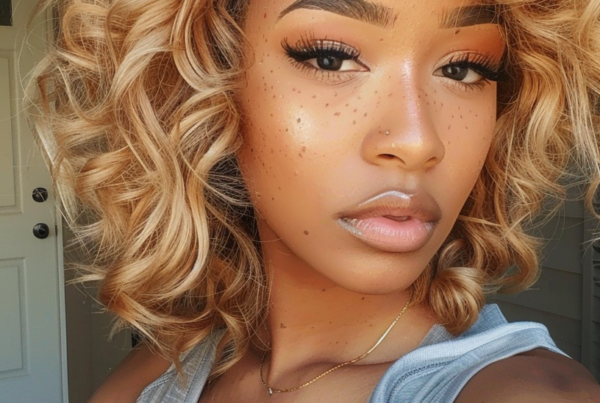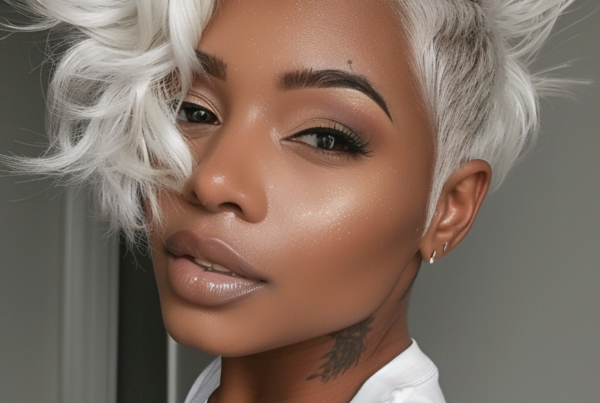Black hair has transcended its physical characteristics to become a potent political statement, challenging societal norms, and empowering individuals to embrace their cultural identity. For centuries, the beauty standards enforced by dominant cultures have dictated that Eurocentric hairstyles are the epitome of elegance, leading many people of African descent to conform and alter their natural hair. However, in recent decades, black hair has emerged as a powerful tool for political activism, sparking conversations about racial discrimination, self-acceptance, and the need for cultural representation.
A Legacy of Stereotypes
The historical context of black hair as a political statement is rooted in a legacy of stereotypes that have been perpetuated by media, literature, and discriminatory policies. From the derogatory terms used to describe black hair to the portrayal of African hairstyles as unkempt or unprofessional, these stereotypes have had a lasting impact on how black individuals perceive and value their own hair.
Breaking Free from Eurocentric Beauty Standards
In the mid-20th century, during the civil rights movement and the rise of Black Power, the concept of “Black is Beautiful” emerged as a counter-narrative to challenge Eurocentric beauty standards. Black activists, artists, and intellectuals rallied behind the idea that embracing natural hair, such as afros, dreadlocks, and braids, was a form of empowerment and political resistance. This movement ignited a shift in consciousness, encouraging black people to celebrate their unique hair textures and reject the societal pressure to conform.
Hair Discrimination and Legal Battles
Despite progress, hair discrimination persists in various forms, especially in workplaces and educational institutions. Black individuals have faced discriminatory policies that prohibited certain natural hairstyles, leading to exclusion and marginalization. In response, activists and organizations have fought for legislation to protect individuals from such discrimination, recognizing that hair is an intrinsic part of one’s identity and should not be a basis for prejudice.
One notable example is the CROWN Act (Creating a Respectful and Open World for Natural Hair), which has been passed in several U.S. states and countries to prohibit hair discrimination. This landmark legislation has become a driving force for change, elevating the conversation around the political significance of black hair and promoting inclusivity and cultural acceptance.
Cultural Pride and Connection
Black hair as a political statement also serves as a catalyst for fostering cultural pride and connection within the African diaspora. Hairstyling techniques, passed down through generations, carry a rich heritage and signify belonging to a shared cultural identity. As black individuals proudly wear their hair in traditional styles, they assert their right to self-expression and demand recognition of the beauty and significance of their hair within society.
Representation in Media and Entertainment
The emergence of black hair as a political statement has also influenced media and entertainment industries. In recent years, there has been a notable increase in the representation of diverse hairstyles in mainstream media, with celebrities and public figures embracing their natural hair on red carpets and magazine covers. This shift signifies a broader acknowledgment of the power of representation and the importance of celebrating diversity.
Conclusion
Black hair has transformed from being merely a physical attribute to becoming a powerful political statement. By challenging stereotypes, fighting against hair discrimination, and fostering cultural pride, black individuals have reclaimed their identity and redefined beauty on their terms. The political significance of black hair is a reminder of the ongoing struggle for equality and the importance of embracing cultural diversity in all aspects of society. As the movement continues to grow, it serves as an inspiring reminder that embracing and celebrating black hair is not just about appearance but about recognizing and respecting the value of every individual’s unique cultural heritage.
